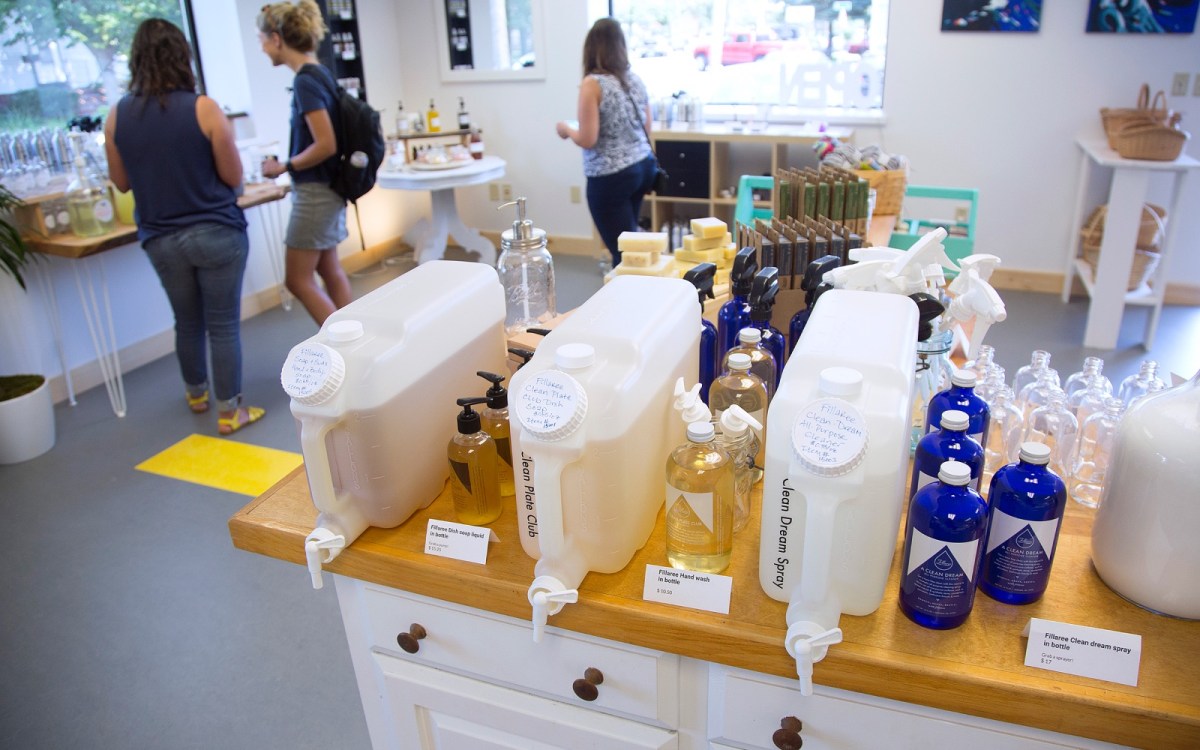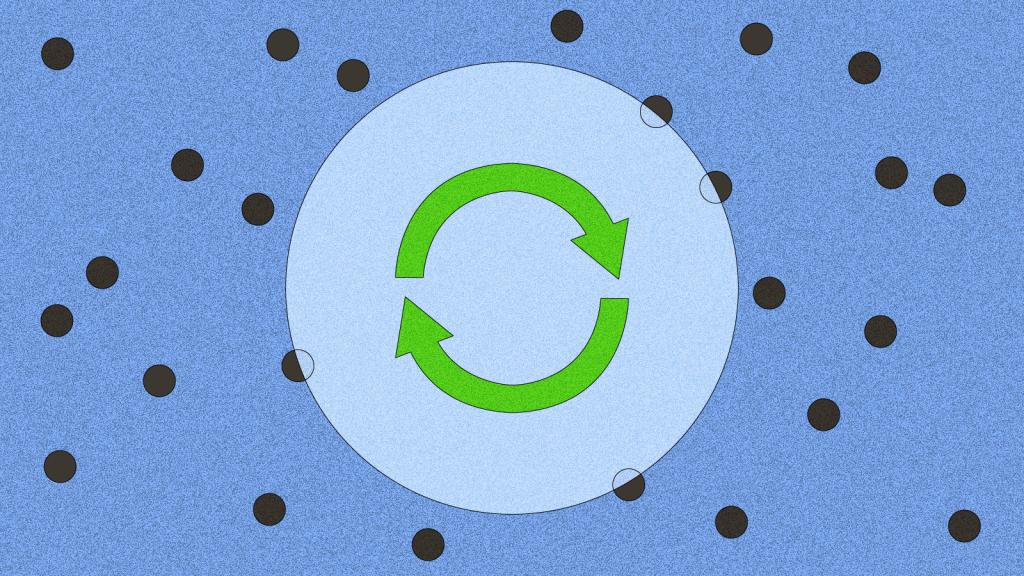
The vision
“If we want to bring in as many people as possible, then why would we want to build a movement that you have to be perfect to be in?”
Sabs Katz, sustainability influencer
The spotlight
In this newsletter, we talk a lot about climate solutions that have the potential to get us closer to a clean, green, just future. Technologies that are coming online, communities working together to build resilience, cultural shifts beginning to take root — some things that have worked, some things that might work, and some things that look like they’re starting to work. No single solution is going to solve the climate crisis (which is why some advocates take umbrage with the word “solution” even being applied to climate change). But every imperfect answer to a massive, complex problem still does something to drive the conversation forward, even if it’s not in the way you’d initially expect.
Last week, Grist published a summer package we dubbed Remember When — an exploration of climate solutions that had their moment in the limelight, but either fizzled or faded from view. As the editors of the series told me, it was not about looking back with derision at so-called solutions that failed. Some of the trends covered, like plant-based meat alternatives, are still alive and well, though they haven’t yet delivered on all their promises. Others have largely fallen out of fashion, like limiting your trash to a tiny, Instagrammable jar. But the greatest takeaways from the five pieces are about what advocates, or the climate movement as a whole, have learned from these attempts to create change.
“A lot of them are about what happens when idealism meets the real world,” says Grist’s Kate Yoder, a staff writer specializing in language and culture, who helped lead the series. She points to the trash jar story as an example: “People were bending over backwards for these solutions that were really well intentioned, and then they kept running up against systemic issues that made it really hard to go zero-waste.”
As Joseph Winters writes in the piece, many environmentalists gave up their trash jars because they proved to be unrealistic, holding the jar-holders to impossibly high standards in systems they couldn’t fully control. And that’s part of what has driven the zero-waste movement away from the dream of individual perfection and toward advocacy for more systemic changes.
Teresa Chin, Grist’s deputy editor who co-led the series, notes how plastic straw bans — the subject of another piece in the series — became a sort of gateway for a broader movement that has seen success in banning other forms of the pesky material. “Would today’s single-use plastic conversation exist if we hadn’t gotten really hot and bothered around plastic straws being up turtle noses? Arguably not,” she says.
Both straw bans and trash jars received their fair share of pushback from people who either disagreed with the message or with all the energy these solutions were taking up — and as the stories chronicle, the backlash itself became part of the trajectory as these answers to the problem of excess waste evolved. “All solutions are going to hit a stumbling block at some point,” Chin says. “It’s not a linear process.”
One of the things she felt while working on the series, she adds, was a sort of compassion for where the movement has been. “It’s almost like looking back at your old junior high photos. You’re like, ‘Oh my god, I can’t believe I wore my hair that way. I can’t believe I was into that one hobby.’” But then you give it a bit more time, she says, and you stop cringing and begin to appreciate how that old version shaped you — whether it’s your teenage self or the climate movement of yore.
— Claire Elise Thompson
More exposure
Explore the full Remember When series:
- Influencers popularized the trash jar. Now they’ve moved on: How the trash jar went from zero-waste emblem to “elitist” cliche.
- Did big expectations doom the tiny house movement?: Tiny houses started as a minimalist revolution. They ended up as an Instagram aesthetic.
- Why the climate movement doesn’t talk about polar bears anymore: Global warming moved from the North Pole to your backyard — and so did its symbols.
- What happened to the thrill of plant-based meat?: A few years ago, Impossible and Beyond burgers were all the rage. Now, the industry may have to reinvent itself.
- Did plastic straw bans work? Yes, but not in the way you’d think: Plastic straws used to be “environment enemy number one.”
See for yourself
Part of what I enjoyed about this series was getting to learn about what’s become of eco-trends I hadn’t heard about in a while. Are there other trends, solutions, or ideas you’d like to take stock of? Maybe a practice you’ve adopted, or tried but couldn’t make stick — or just something you read about years ago, and you’re curious to know where it stands? Reply to this email to let us know what climate solutions you would read a retrospective on.
A parting shot
I’ll share one that I’m always curious about: refill stores, a concept that Grist has covered a few times over the years. Refilleries — stores that offer bulk goods that shoppers can carry home in their own reusable containers — are another (still imperfect!) step in the zero-waste, anti-plastic conversation. Here’s a pic of one in Portland, Maine.




